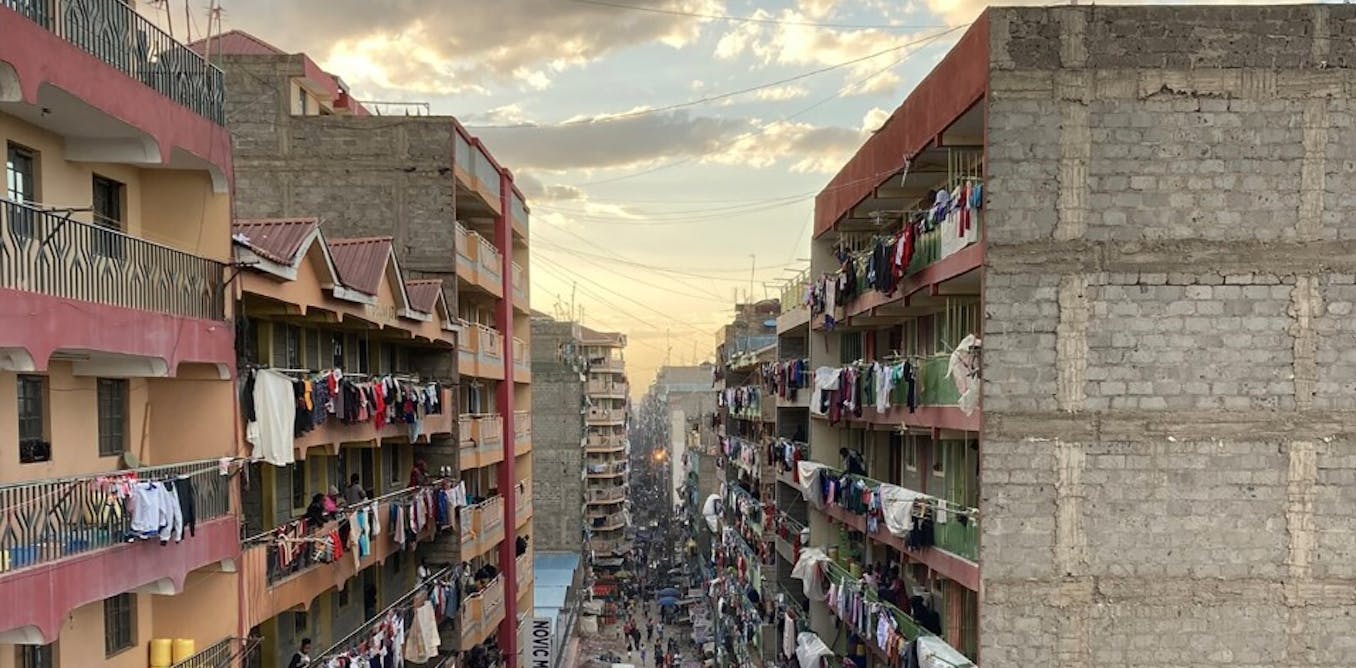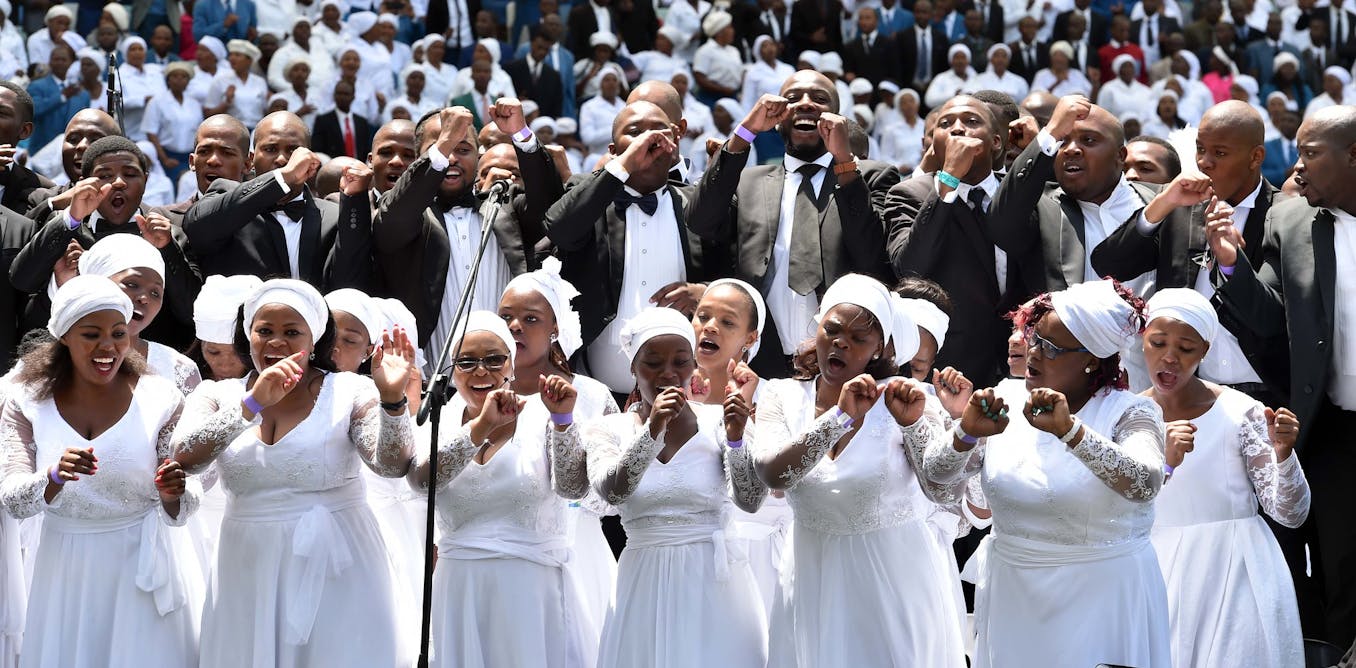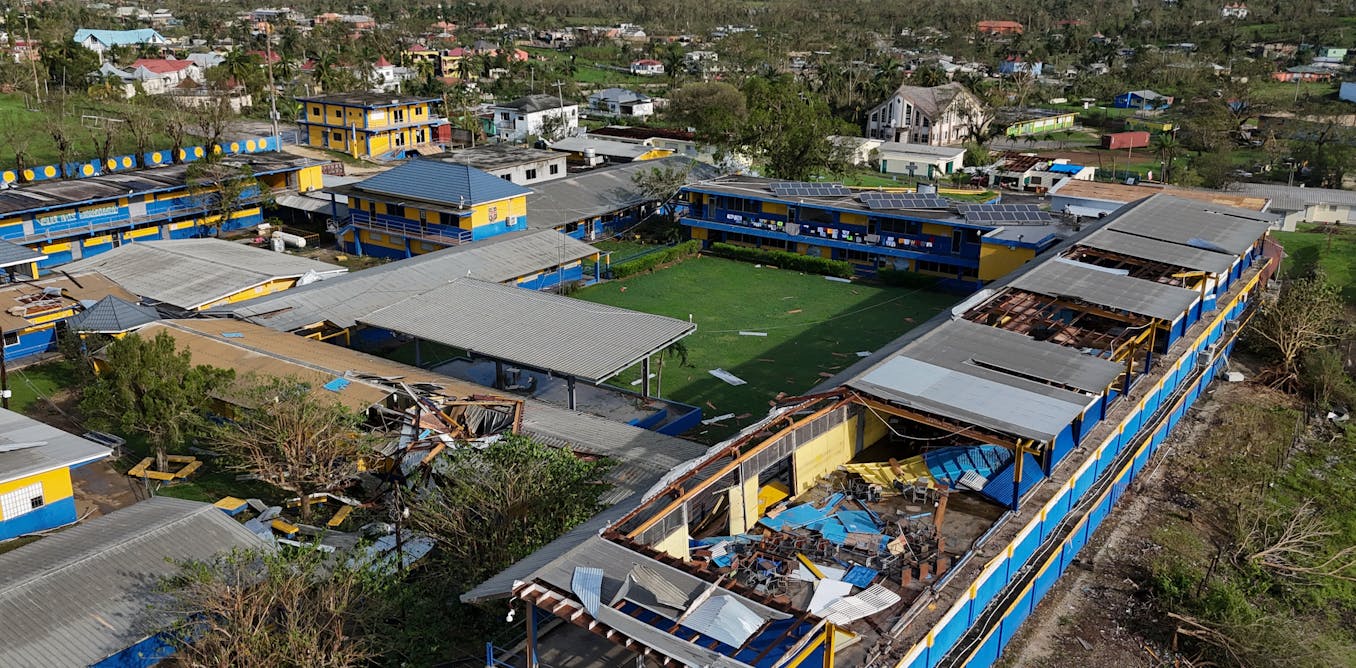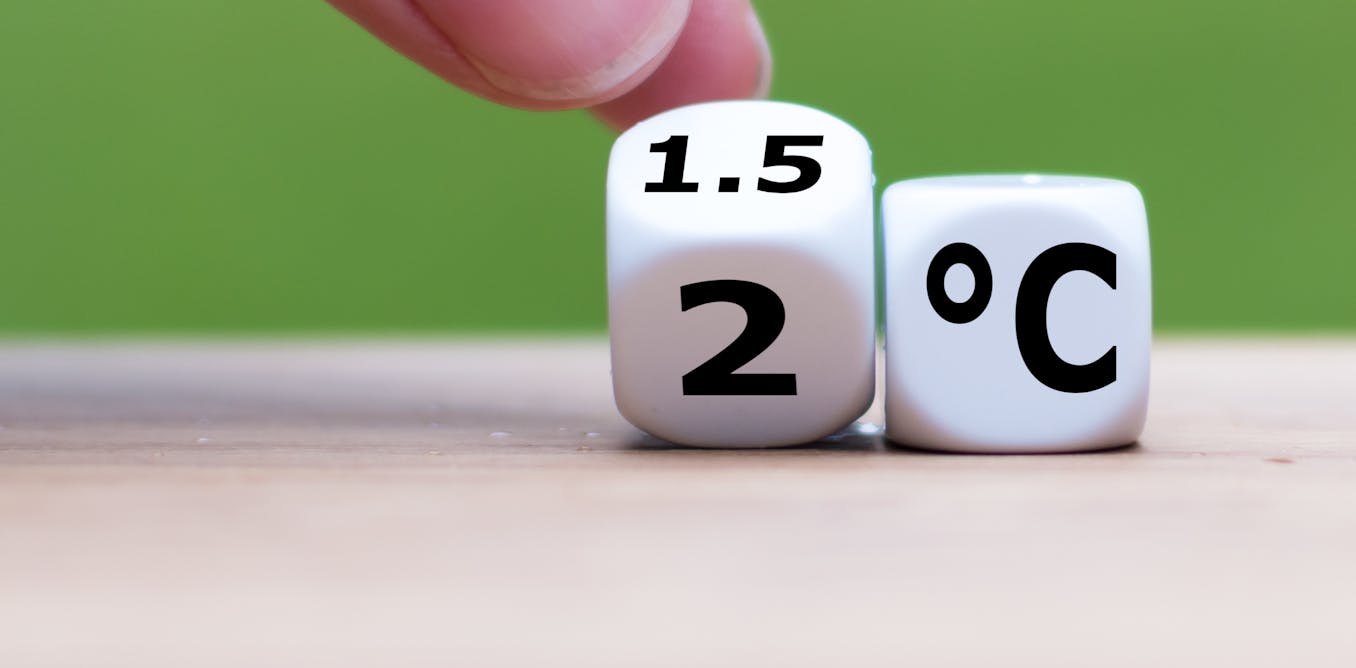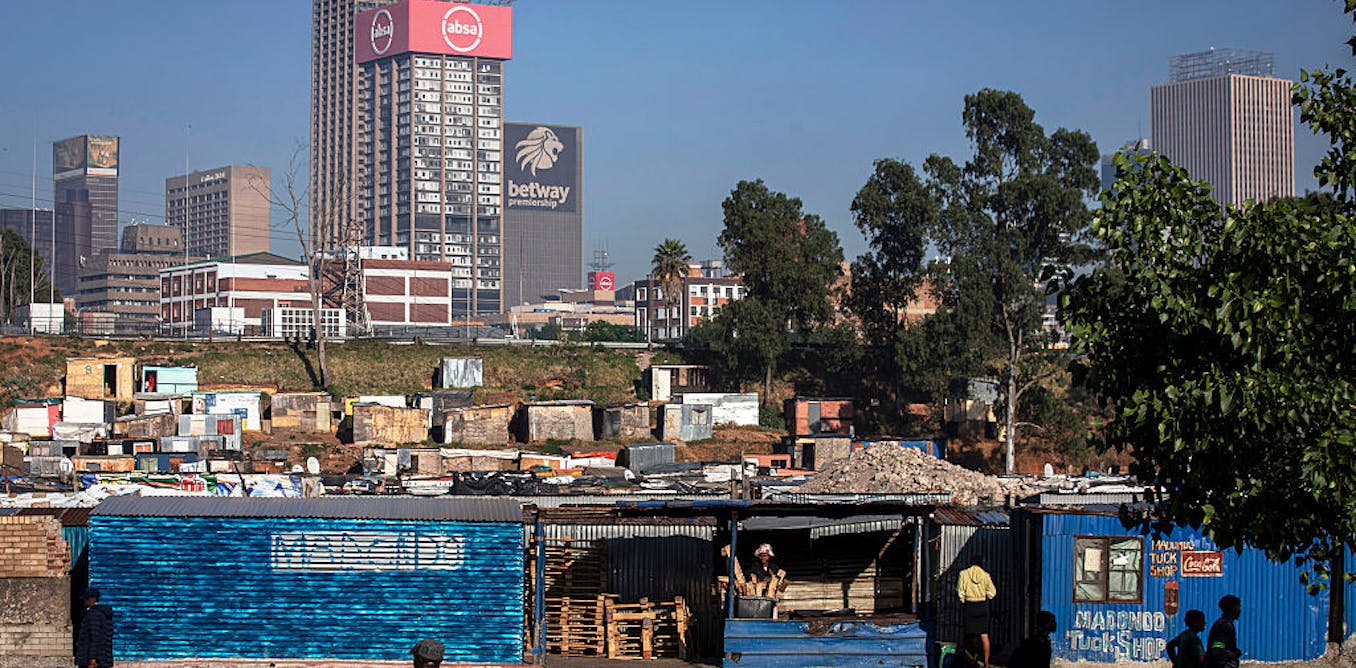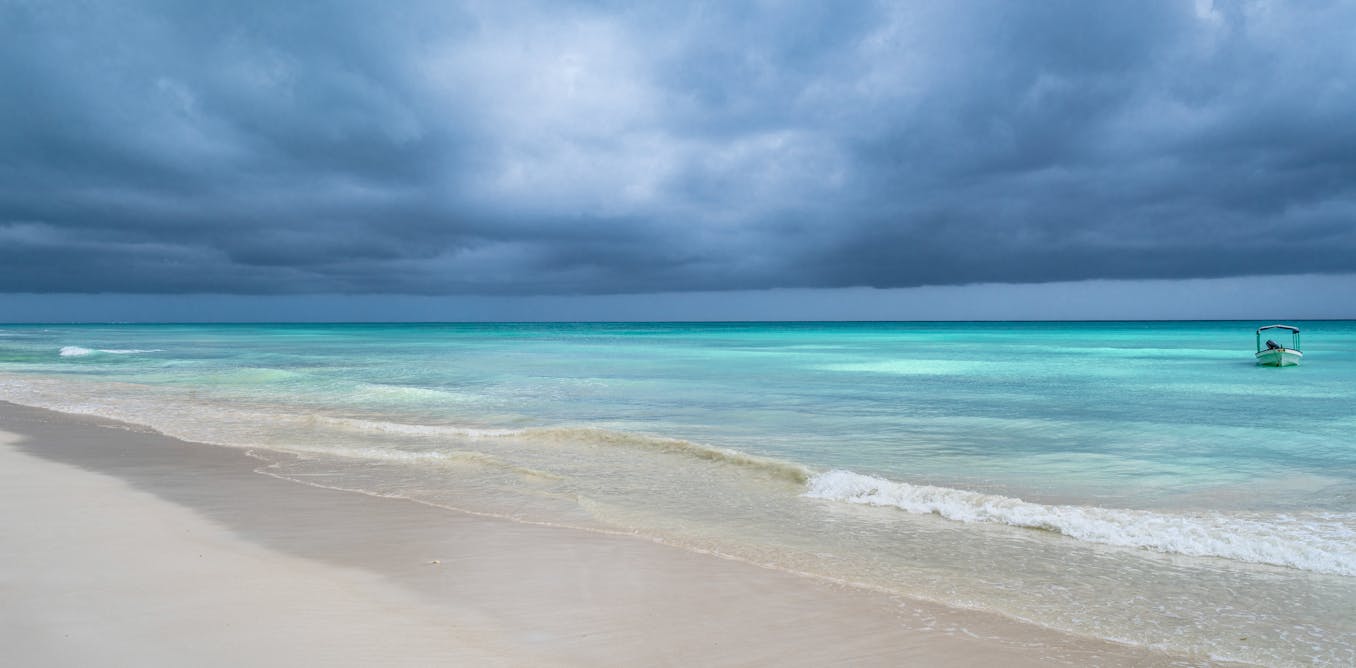“Lesbian” has been a fraught word in the queer community for many years. This was discussed in the mainstream recently in the BBC’s sapphic reality dating show I Kissed A Girl, where contestants were shown having an emotional conversation about their difficult relationships with the word.
“It is a word that has been taken and made negative. Growing up, it was used in a way that suggested something was wrong with you,” said Georgia, one of the contestants. “Being a lesbian is something to be so proud of, but a lot of the time I don’t really know how to … I didn’t realise how deep, and how many emotions I had attached to the fact that I struggle to actually say ‘lesbian’.”
The word “lesbian” was used throughout my own childhood in the early- and mid-2000s as a playground insult, much like “gay”. The word was not only used as an insult, but also often positioned as exclusionary.
Some trans-exclusionary radical feminists argue that the existence of trans people is a form of “lesbian erasure”, a belief which has been heavily refuted by other feminist and queer communities. These factors have led to some queer people who embrace the place of the T in LGBT to reject the word “lesbian” over the years. But more recent definitions of the word lesbian deliberately encompass non-binary identities and reclaim the word as trans-inclusive.
No one’s 20s and 30s look the same. You might be saving for a mortgage or just struggling to pay rent. You could be swiping dating apps, or trying to understand childcare. No matter your current challenges, our Quarter Life series has articles to share in the group chat, or just to remind you that you’re not alone.
Read more from Quarter Life:
Historically, mainstream pop music has suffered from a paucity of lesbian musicians (notable exceptions include k.d. lang and Brandi Carlile). But in recent years many more artists have come out as lesbians, including Hayley Kiyoko, Kehlani, Syd, King Princess and Cristal Ramirez.
Today, two standout stars among a new generation of queer pop stars are helping reclaim the word lesbian: Chappell Roan and Reneé Rapp.
Chappell Roan
Chappell Roan is the stage name of Kayleigh Rose Amstutz, a queer performer who has risen to mainstream fame with dizzying speed, thanks to her most recent album, The Rise and Fall of a Midwest Princess (2023).
Roan’s music is unabashedly queer, characterised musically by call-and-responses, Roan’s chattiness in songs, her explicitly sexual lyrics and 1980s synth pop sound.
https://www.youtube.com/watch?v=9_vQ9s5UJcE
Roan’s sound is reminiscent of Kate Bush, The Cranberries, Cyndi Lauper and Marina and the Diamonds. It is heady and atmospheric, with her vocals floating over a foregrounded rhythm guitar, while also showing her wide vocal range with cracked yodels and floating high notes.
Recently, Roan has made it clear that she identifies as a lesbian, proclaiming her sexuality on stage, as well as stating that she has no interest in dating men.
Many of Roan’s songs describe tales that lesbians and sapphic people know all too well. Good Luck Babe! (2024), for example, describes a former lover whose queer identity is quashed by compulsory heterosexuality, (the societal pressure to conform to heterosexuality):
When you wake up next to him in the middle of the night
With your head in your hands, you’re nothing more than his wife
And when you think about me, all of those years ago
You’re standing face to face with “I told you so”.
Reneé Rapp
Another young pop artist who is unabashed about her lesbian identity is Reneé Rapp. Rapp rose to mainstream fame in 2019 when she starred as Regina George in Mean Girls: The Musical on Broadway. She reprised the role in the film adaptation in 2024.
Rapp’s debut album, Snow Angel, was released in 2022 to widespread acclaim. Her style merges R&B and pop with her Broadway roots and showcases her incredible vocal talent, with her belting soprano soaring effortlessly throughout.
Snow Angel features the song Pretty Girls, which describes another experience common among sapphic people: being approached by women who only kiss women when drunk. She sings:
In the pm, all the pretty girls
They have a couple drinks, all the pretty girls
So now they wanna kiss all the pretty girls
They got to have a taste of a pretty girl.
Rapp’s queer identity is made most explicit in Not My Fault (2024), a song with fellow sapphic artist Megan Thee Stallion. It features the fan-favourite lyric: “Can a gay girl get an amen?”.
Rapp came out as a lesbian on Saturday Night Live (SNL) in June 2024. She was originally going to call herself “gay”, until a friend told her: “I think it would be really fucking sick if you came out as a lesbian on SNL.”
Both Roan and Rapp have come out as lesbians recently, after identifying as queer or bisexual beforehand. Both still sing their songs which feature men as romantic interests, making clear that they know that their prior relationships with men do not devalue their lesbian identities in any way.
Hopefully the way that these artists have championed the word lesbian and reclaimed it as gender-inclusive will pave the way for those of us who grew up with lesbian as a “bad word” to feel that being a lesbian is something to be proud of.
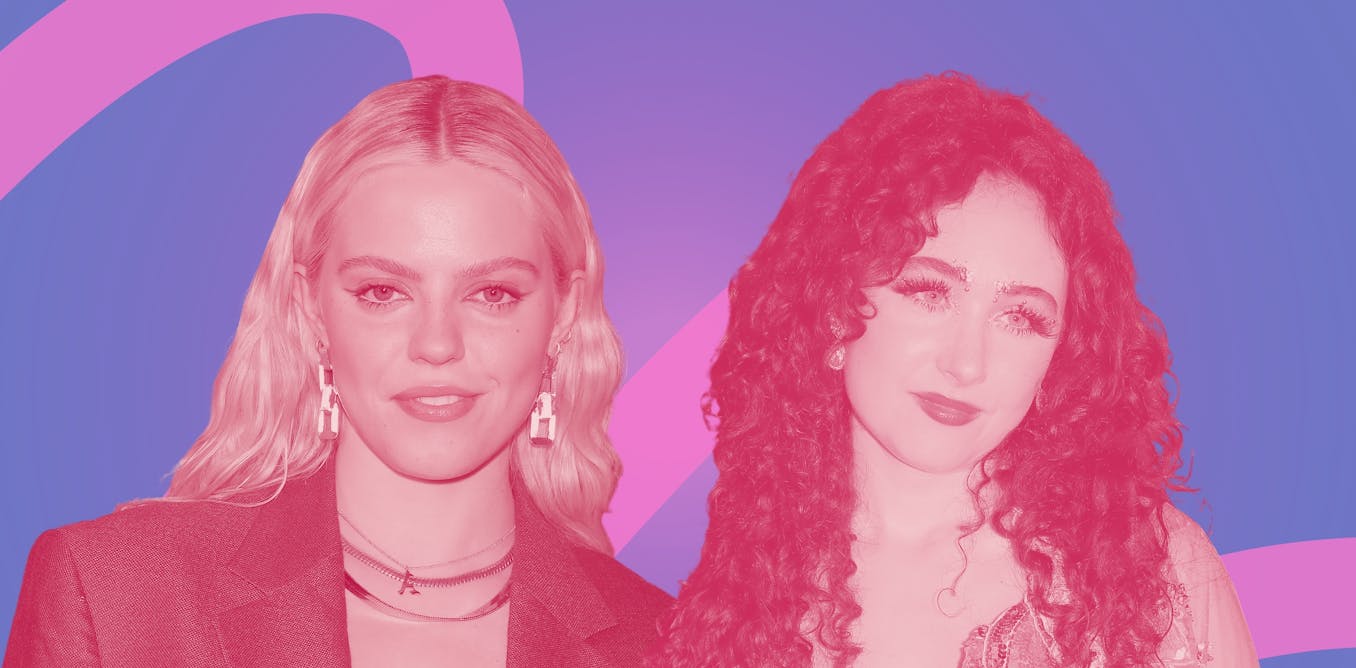
The post “How Chappell Roan and Reneé Rapp’s star power is making 2024 the year of lesbian pop” by L. Holland, PhD candidate in the Department of Music, University of Bristol was published on 06/27/2024 by theconversation.com







